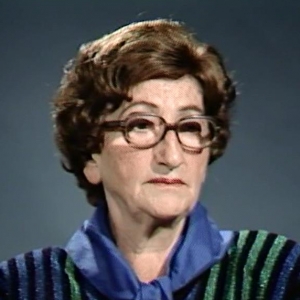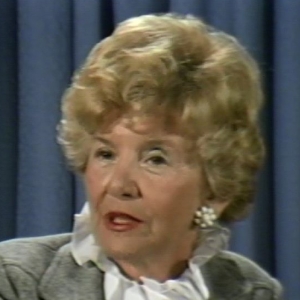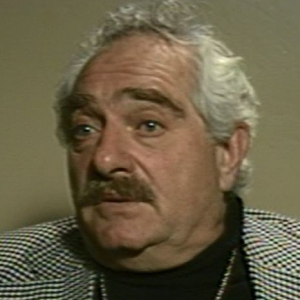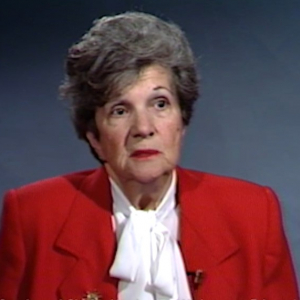Peter Silverman
Peter Silverman describes joining a Jewish-Russian partisan brigade.
Peter Silverman was born in 1924 in Jody, Poland. Jody was a small Polish town near three other countries- Lithuania, Latvia, and the former Soviet Union (today Russia). Peter, or Pesach as he was known then, was the youngest of three siblings- a brother Yaakov, and a sister Tania. His father’s name was Abraham Alter, and his mother’s name was Basia.
Peter’s father owned three lumber mills, one of which had a generator to supply electricity for the whole town. At home the family spoke Yiddish, but Peter also spoke Polish and Russian, and learnt other languages as well. The family enjoyed a comfortable life, in a modern Orthodox home.
When Germany invaded Poland in September 1939, Peter who was attending high school in Vilna, happened to be at home in Jody with his family. Later that month the Soviet army invaded Poland and Peter’s town came under the control of the Soviet Union. Their lumber mills were confiscated and the family feared that they would be arrested, and deported to Siberia. Peter’s brother and sister moved to other towns in search of work, and Peter remained in Jody to attend high school- which now followed a Russian curriculum.
In 1941, Peter’s mother became ill and passed away. In June, 1941 Germany attacked the Soviet Union and Jody was occupied by the German military. A series of measures were introduced which greatly restricted Jewish life, including having to wear a yellow Star of David at all time on clothing. In December 1941, the Silverman family heard rumours that the Jewish residents of Jody were going to be deported to a ghetto. As a result, they went into hiding. In actuality, the Jews discovered in the town were taken to a remote area and massacred. Peter survived in hiding with Polish farmers, but it was an extremely dangerous time. The penalties for hiding Jews were severe, and rewards offered to anyone who revealed where Jews were hiding.
Despite extremely precarious living conditions, Peter survived and eventually joined a partisan movement. He worked with other partisans to disrupt Nazi activities in the region, and opposed the German army through armed resistance. Peter immigrated to Canada in 1972 and was an active member of the Neuberger Holocaust Education Centre’s (then the Holocaust Centre of Toronto) Speakers’ Bureau.
Peter Silverman died in 2013 and his full testimony is part of the Canadian Collection of Holocaust survivor testimonies. It is preserved in the USC Shoah Foundation’s Visual History Archive and accessible through the Ekstein Library.
Peter SilvermanWe were cut off from the rest of the world, we were isolated.
Testimony to discover
-
Pre-war Life

Lonia Tiefenbach
Lonia Tiefenbach describes encountering antisemitism and anti-Jewish measures in Poland, before the Second World War.
Listen -
Liberation

Vera Slyomovics
Vera Slyomovics describes her liberation experience.
Listen -
Camp

David Zuckerbrot
David Zuckerbrot recalls conditions in the Nazi concentration camps.
Listen -
Physical Resistance

Tania Siegel
Tania Siegel discusses the challenges and struggles of life with the partisans.
Listen
Educators & Students
Educational guides
Check resources